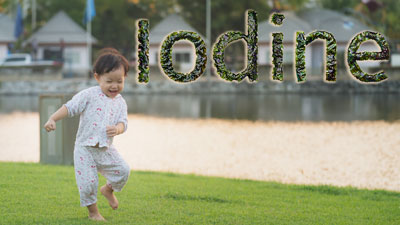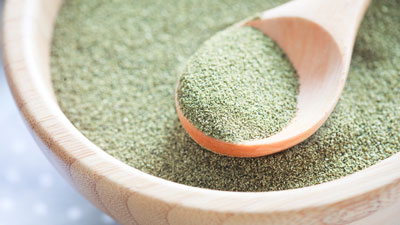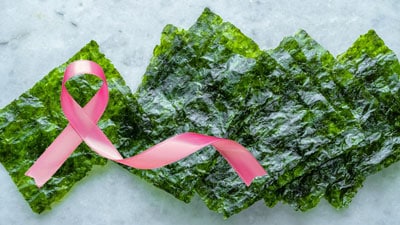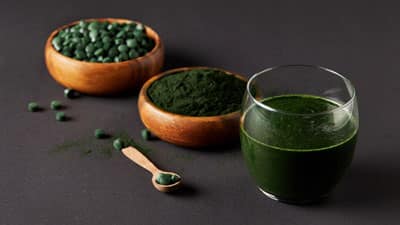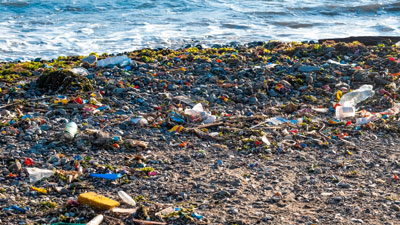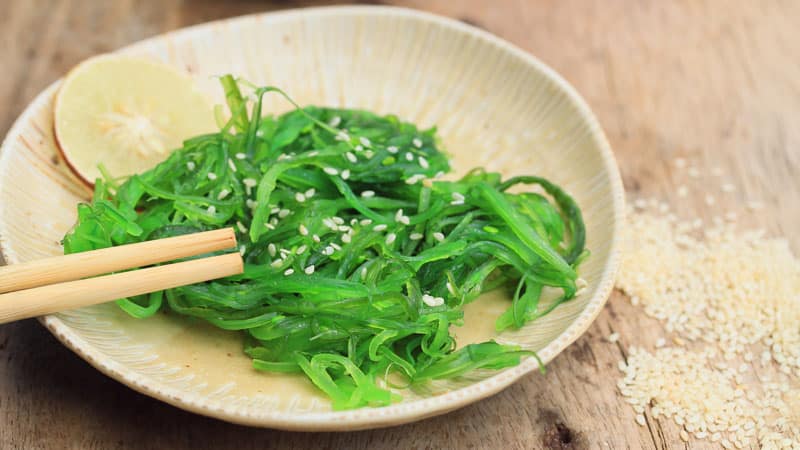
Seaweed is the only plant that we can rely on as an iodine source. While iodine may be present in other produce grown near the ocean, it is definitely there when the produce grows inside the ocean. And iodine is very important for us. We need it to produce thyroid hormone, key in regulating our body’s energy. Our little ones also need it for their skeletal and central nervous system development before and right after birth.
A lot of people also eat seaweed to get their vitamin B12. Yes, while we often hear that plants cannot provide this nutrient, seaweed may be the exception. The problem is that most seaweed contains B12 analogues (impostors) that attach to our B12 receptors preventing us from absorbing the real B12 from other sources. And even when it does contain actual B12, amounts vary immensely, making it risky to rely on this food as our primary source.
Other essential nutrients present in seaweed include vitamin A, vitamin B2 or riboflavin, vitamin B9 or folate, vitamin C, vitamin K, calcium, copper, iron, magnesium, and manganese. This means that seaweed is also good for our brain and nervous system, our heart, our immune system, our eyes, our red blood cells, our bones, our metabolism, our muscles, and our hair and skin.
Check out our personalized seaweed nutrition calculator below to see how much nutrition you and your family can get from eating seaweed.
Seaweed Nutrition Calculator
Use our personalized nutrition calculator to discover the percentage of daily nutrition needs you and your family can get from eating seaweed.
As of now, the U.S. Department of Agriculture does not provide nutritional information per seaweed type. Instead, it gives us an average of the nutrition we can get from eating either laver or nori, wakame, kelp, and spirulina.
Nutritional needs vary according to age, sex, and whether women of reproductive age are pregnant or breastfeeding. Fill out the form below for yourself and for your family members to get personalized results.*
* Calculated as a percentage of the Recommended Daily Allowances (RDAs) as established by the U.S. Department of Agriculture and the U.S. Department of Health and Human Services. Based on nutritional information provided by the U.S. Department of Agriculture as an average of multiple seaweed samples, including wakame, kelp, laver, agar, and spirulina. Please note that the ingredients listed for dried seaweed are spirulina and agar, but the Survey Foods (FNDDS) description includes sea moss, kelp and laver (nori) as “additional food description” for this category.
References

